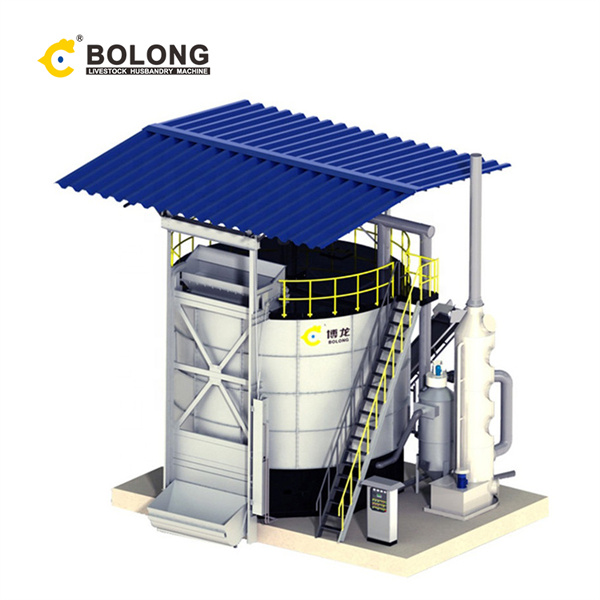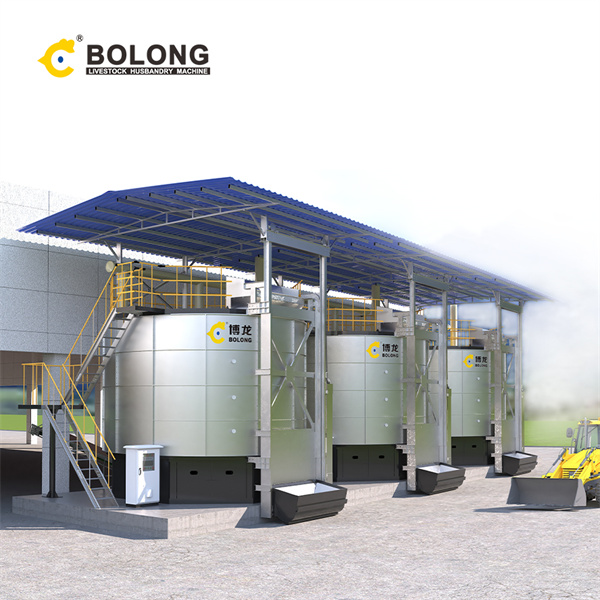Enhancing Urban Agriculture with Fermentation Tanks
Introduction
Urban agriculture provides fresh food and enhances urban sustainability. Fermentation tanks support urban agriculture by producing compost that improves soil health and crop productivity.

Importance of Urban Agriculture
Urban agriculture contributes to food security, reduces food miles, and promotes community engagement. Effective soil management and nutrient recycling are essential for successful urban farming.
Role of Fermentation Tanks
Fermentation tanks convert organic waste from urban areas into compost, providing a sustainable source of nutrients for urban gardens. This compost improves soil structure, fertility, and water retention, enhancing urban agricultural productivity.
Benefits to Urban Agriculture
Using compost from fermentation tanks enhances soil health, reduces the need for chemical fertilizers, and supports sustainable urban farming. This contributes to food security, community well-being, and urban environmental sustainability.

Conclusion
Fermentation tanks play a crucial role in enhancing urban agriculture. By producing high-quality compost, they support sustainable urban farming practices and promote the benefits of local food production and urban sustainability.